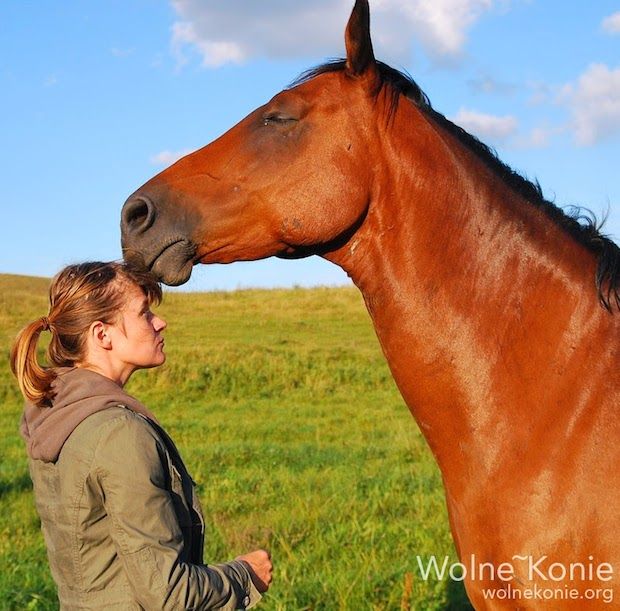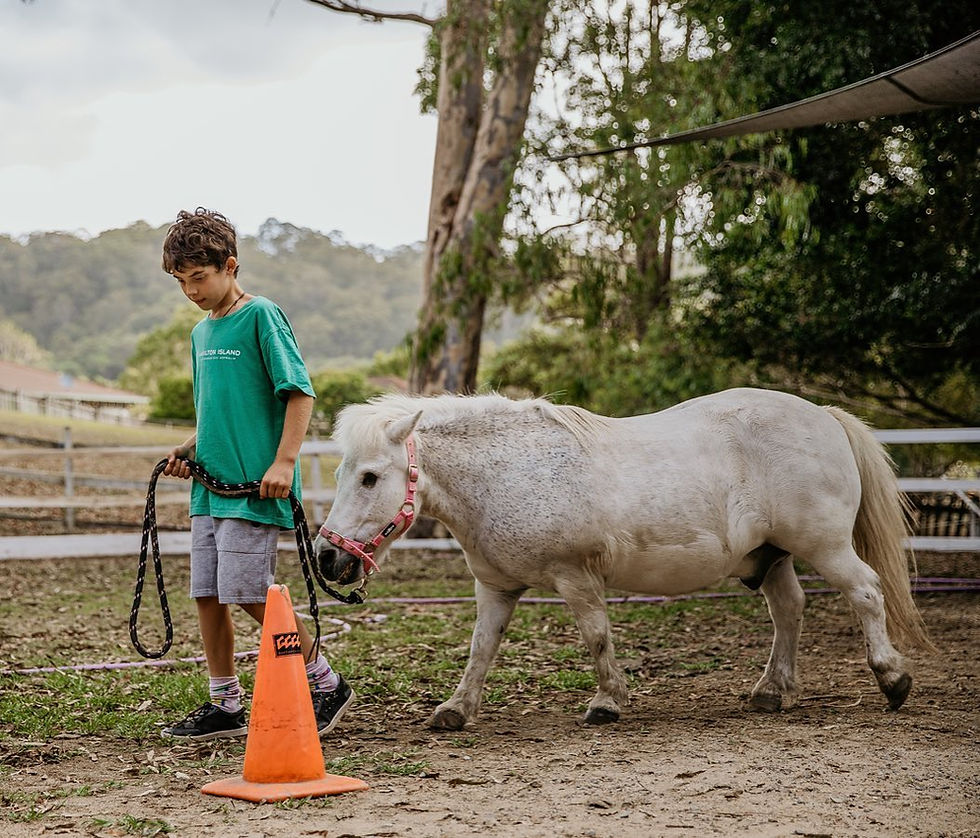The Science Behind Horse-Human Connection

Understanding the unique bond between horses and humans involves exploring various scientific, psychological, and physiological factors. This connection is not only emotional but also deeply rooted in biology and behavior, making it a fascinating subject for researchers and horse enthusiasts alike.
Key Elements of the Horse-Human Connection

| Element | Description |
|---|---|
| Communication | Horses and humans communicate through body language, vocalizations, and subtle cues. |
| Emotional Bonding | Mutual trust and empathy develop through consistent interaction and positive experiences. |
| Physiological Sync | Heart rates and stress levels can synchronize during close interaction, indicating deep connection. |
| Cognitive Understanding | Horses can recognize human emotions and respond accordingly, showing advanced social cognition. |
How Horses Perceive Humans
- Body Language: Horses are highly sensitive to human posture, gestures, and facial expressions.
- Voice Tone: They respond differently to various tones, often calming down with gentle voices.
- Scent and Familiarity: Horses can recognize individual humans by scent, which strengthens their bond.
Scientific Studies Supporting the Connection
- Heart Rate Synchronization: Research shows that horses and humans can synchronize their heart rates during grooming or riding, reflecting emotional attunement.
- Oxytocin Release: Interaction with horses increases oxytocin levels in both species, promoting feelings of trust and bonding.
- Stress Reduction: Spending time with horses has been shown to lower cortisol levels, reducing stress and anxiety in humans.
Benefits of the Horse-Human Connection
- Enhances emotional well-being and reduces feelings of loneliness.
- Improves communication skills and empathy.
- Supports therapeutic practices such as equine-assisted therapy for mental health.
Frequently Asked Questions (FAQ)
Q1: Can horses really understand human emotions?
A1: Yes, studies indicate that horses can read human facial expressions and body language, allowing them to respond to emotions like fear, anger, or happiness.
Q2: How does interacting with horses benefit human mental health?
A2: Interaction with horses can lower stress hormones, increase oxytocin, and provide emotional support, which collectively improve mental health.
Q3: What makes the horse-human bond unique compared to other animals?
A3: The combination of horses’ social intelligence, sensitivity to human cues, and the mutual physiological responses creates a distinctive and powerful connection.
This detailed exploration highlights the multifaceted nature of the horse-human connection, blending scientific insights with practical benefits to deepen our appreciation of this extraordinary relationship.
